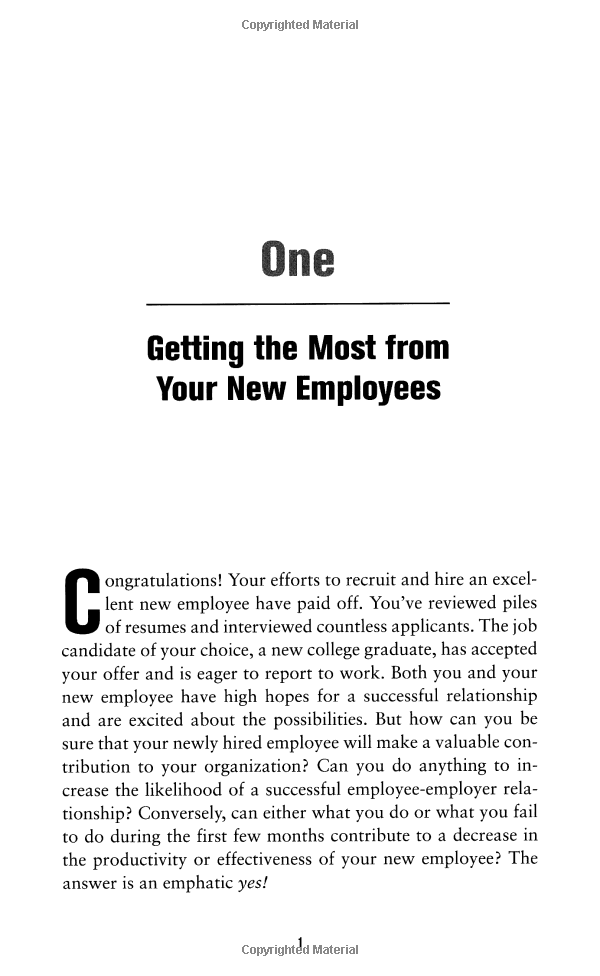How Do I Become a Loan Officer? A Comprehensive Guide to Starting Your Career in Mortgage Lending
#### How do I become a loan officer?Becoming a loan officer can be a rewarding career choice for those interested in finance, customer service, and helping……
#### How do I become a loan officer?
Becoming a loan officer can be a rewarding career choice for those interested in finance, customer service, and helping people achieve their dreams of homeownership. If you're asking yourself, "How do I become a loan officer?" you're in the right place. This guide will walk you through the essential steps, skills needed, and tips for success in this dynamic field.
#### Understanding the Role of a Loan Officer
A loan officer, also known as a mortgage loan originator, is a professional who helps individuals and businesses secure loans. They assess clients' financial situations, advise on loan options, and guide them through the application process. Loan officers can work for banks, credit unions, mortgage companies, or as independent brokers.
#### Educational Requirements
To answer the question, "How do I become a loan officer?" you first need to consider your educational background. Most loan officers hold at least a bachelor's degree in finance, business, or a related field. However, some employers may accept candidates with relevant experience or an associate degree.
Additionally, taking courses related to mortgage lending, financial analysis, and customer service can enhance your qualifications and improve your chances of securing a position.
#### Licensing and Certification

Once you have the necessary educational background, the next step in becoming a loan officer is obtaining the required licenses. In the United States, loan officers must be licensed under the Secure and Fair Enforcement for Mortgage Licensing Act (SAFE Act). This involves completing pre-licensing education, passing the National Mortgage Licensing System (NMLS) exam, and undergoing a background check.
Many states also have their own specific licensing requirements, so it’s crucial to research the regulations in your state. Some loan officers choose to pursue additional certifications, such as becoming a Certified Mortgage Consultant (CMC) or obtaining designations from industry organizations, which can enhance their credibility and career prospects.
#### Gaining Experience
Experience in the financial industry can significantly boost your chances of becoming a successful loan officer. Many professionals start their careers in related positions, such as bank tellers, customer service representatives, or financial analysts. This experience helps you develop essential skills in customer service, sales, and financial analysis.
Internships or entry-level positions at banks or mortgage companies can also provide valuable exposure to the industry and help you build a network of contacts that can aid in your job search.
#### Developing Key Skills
:max_bytes(150000):strip_icc():format(webp)/corporate-job-titles-2061491_FINAL-027b6a5fa3a4446da735b8dd66943e17.png)
To excel as a loan officer, you need a combination of technical and interpersonal skills. Here are some critical skills to focus on:
- **Communication Skills**: You'll need to explain complex financial concepts to clients in a clear and understandable manner.
- **Sales Skills**: A significant part of your job will involve selling loan products and persuading clients to choose your services.
- **Analytical Skills**: Assessing clients' financial situations and determining their eligibility for loans requires strong analytical abilities.
- **Attention to Detail**: The loan application process involves a lot of paperwork, and small errors can lead to significant issues.
#### Building a Network

Networking is crucial in the mortgage industry. Attend industry events, join professional organizations, and connect with other professionals on platforms like LinkedIn. Building relationships with real estate agents, financial advisors, and other loan officers can lead to referrals and new business opportunities.
#### Staying Updated
The mortgage industry is constantly evolving, with changes in regulations, market conditions, and loan products. To stay competitive, it’s essential to keep up with industry news and trends. Consider subscribing to industry publications, attending workshops, and participating in continuing education courses.
#### Conclusion
In summary, if you're wondering, "How do I become a loan officer?" the path involves obtaining the right education, gaining experience, acquiring necessary licenses, and developing essential skills. With dedication and a commitment to helping clients achieve their financial goals, you can build a successful career as a loan officer. Embrace the challenges and opportunities in this field, and you'll find it to be a fulfilling and lucrative career choice.